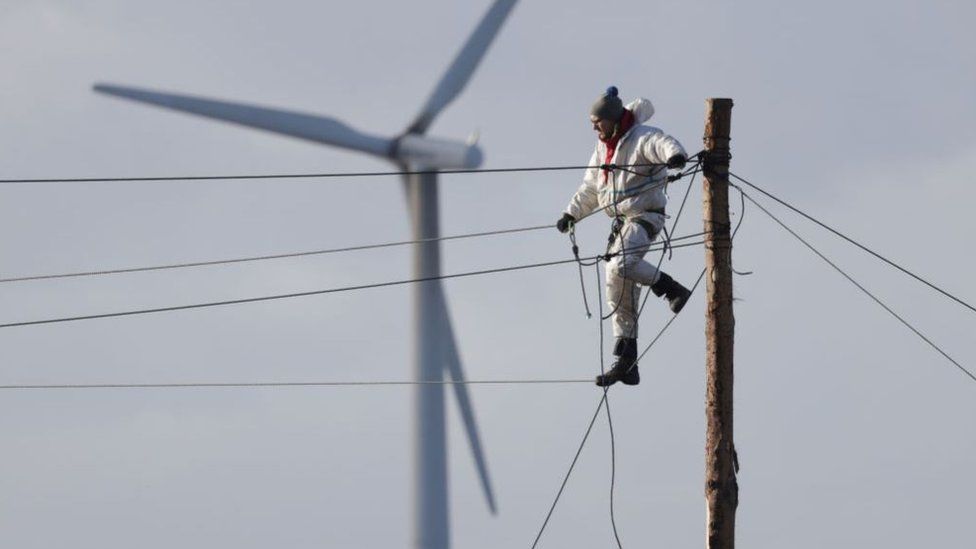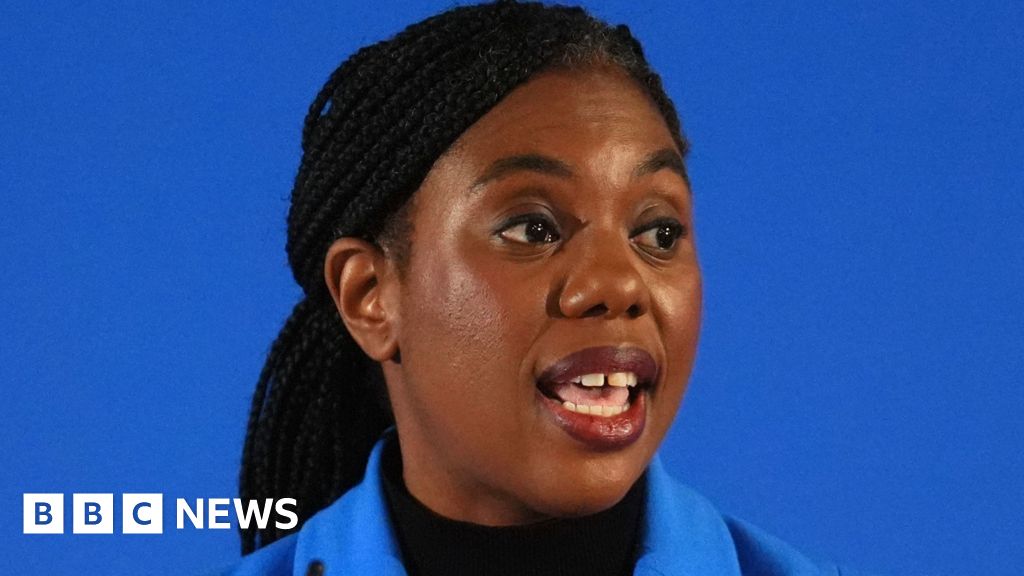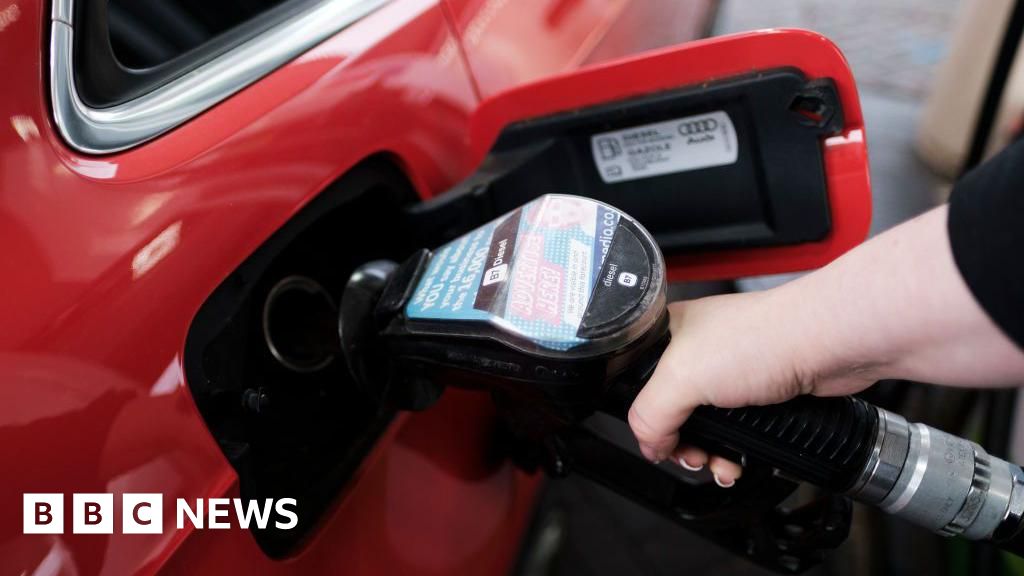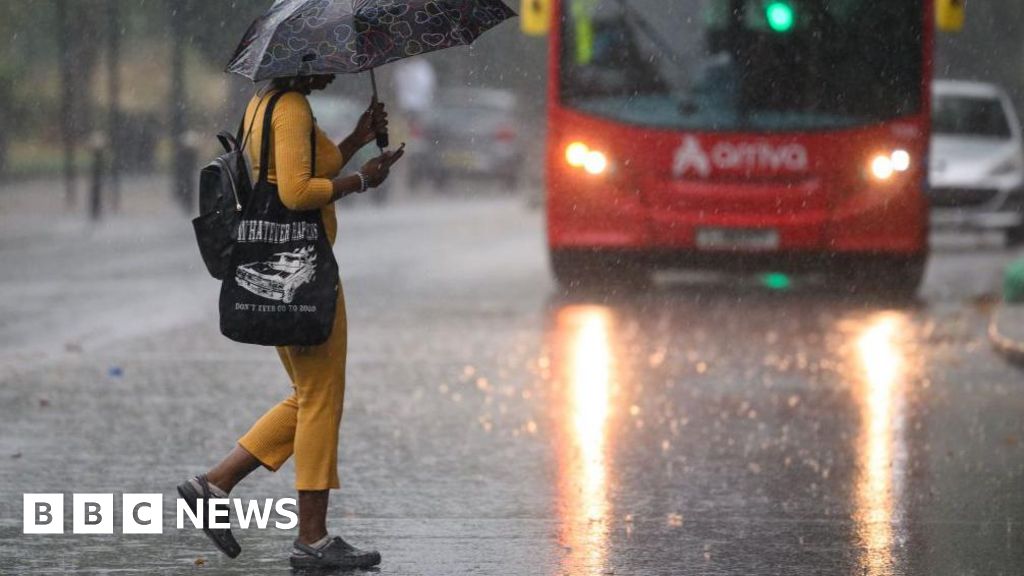ARTICLE AD BOX
 Image source, Getty Images
Image source, Getty Images
The EU wants to help support manufacturing of clean energy
By Natalie Sherman
Business reporter, New York
The European Commission has unveiled a plan to try to boost manufacturing of electric cars and renewable energy projects, as it fights to compete with the US.
The proposal calls for simpler regulation and faster access to funding for firms working in green industries.
It would also loosen state aid rules.
The move comes after the US announced big investments in climate friendly technologies, including incentives for US-made electric vehicles.
"Major economies are rightly stepping up investment in net zero industries," European Commission president Ursula von der Leyen said at a news conference. "What we are looking at is that we have a global playing field."
The International Energy Agency estimates the global market for mass-produced clean energy will triple to around $650bn 9£528bn) a year by 2030, with related manufacturing jobs more than doubling.
European leaders have expressed alarm that the $369bn in investments approved by the US last year will put Europe at a disadvantage economically as the industry grows, encouraging firms to relocate to America.
In the UK, business secretary Grant Shapps last month warned that the green subsidies could herald a "dangerous" slide into protectionism.
Despite the criticism - including accusations that the US is breaking free trade rules - the White House has shown little appetite for changing its plans, which US President Joe Biden has presented as key to re-energising the American economy.
"You see I'm getting criticized internationally for focusing on America," he said in a speech about the economy last week. "To hell with that. This is real serious."
The Green Deal Industrial Plan outlined by the European Commission includes reforming the bloc's electricity market, working on other free trade agreements and easing state aid rules, including to allow for bigger projects to qualify for aid without additional approval procedures.
But designing the programme to satisfy concerns that the beneficiaries of the changes will primarily be big economies such as France and Germany will be tricky.
The proposal will be debated at a meeting of the 27-member group later this month.
"Competitiveness in Europe cannot be built on state aid. But support may be needed to fulfil our objective to get rid of fossil fuels as quickly as possible," said Margrethe Vestager, executive vice-president in charge of competition policy.
"We will now seek member states views before we decide on the way forward."

 2 years ago
53
2 years ago
53








 English (US) ·
English (US) ·